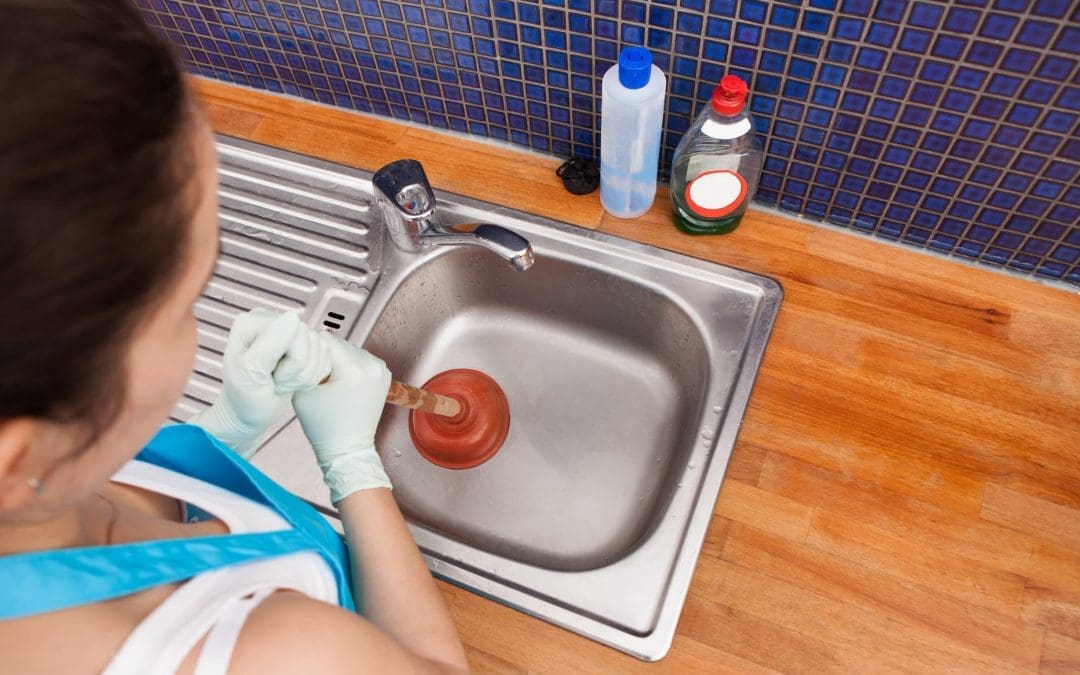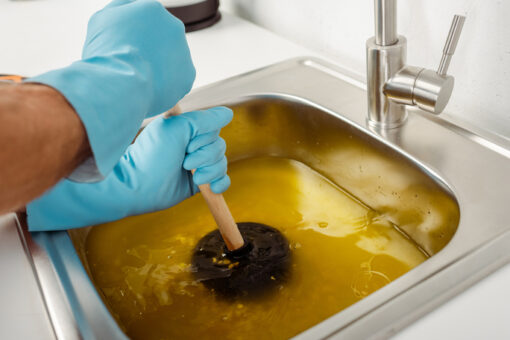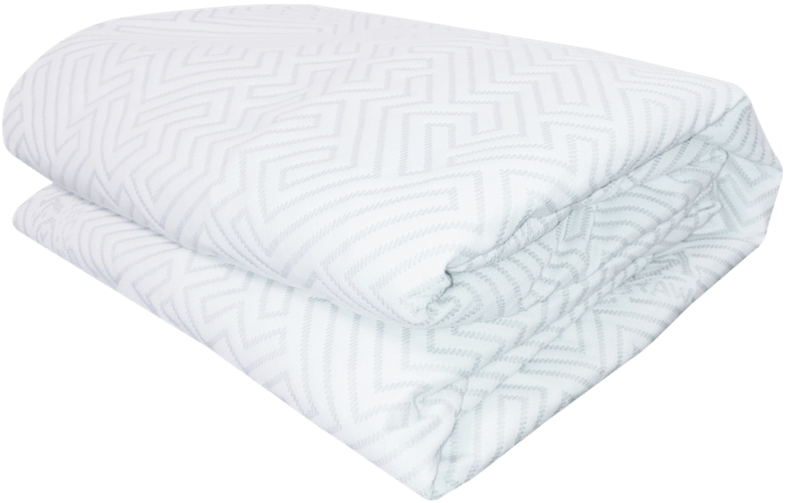If you live in an area with hard water, chances are you're no stranger to the unsightly stains that can build up in your kitchen sink. Hard water, which contains high levels of minerals like calcium and magnesium, can leave behind stubborn deposits that make your sink look dull and dirty. But fear not, there are simple and effective ways to remove hard water stains and keep your sink looking sparkling clean. One easy DIY solution is to mix equal parts white vinegar and water in a spray bottle. Spray the solution onto the affected areas and let it sit for a few minutes before scrubbing with a soft cloth or sponge. The acidic properties of vinegar will help break down the mineral deposits and leave your sink looking shiny and new. Another option is to use a commercial hard water stain remover specifically designed for kitchen sinks. These products often contain citric acid or other powerful ingredients that can dissolve tough stains with minimal effort. Just be sure to follow the instructions carefully and wear gloves to protect your hands. To prevent future buildup, make sure to wipe down your sink after each use and dry it thoroughly. This will prevent water from sitting on the surface and leaving behind mineral deposits. You can also install a water softener in your home to reduce the effects of hard water on your sink and other household fixtures.1. How to Remove Hard Water Stains from a Kitchen Sink
When it comes to choosing a kitchen sink that can withstand hard water, there are a few factors to consider. First, the material of the sink is important. Stainless steel is a popular choice as it is durable and resistant to stains and scratches. Porcelain and granite sinks may also be suitable options, but they may require more frequent cleaning to maintain their appearance. The design of the sink is also important. Look for sinks with a sloped bottom and good drainage to prevent water from pooling and leaving behind mineral deposits. Undermount sinks, which are installed below the countertop, may also be a better choice as they have less exposed edges where water can pool and cause stains. Additionally, consider investing in a sink with a built-in water filtration system. This can help reduce the effects of hard water and keep your sink looking clean and shiny.2. Best Kitchen Sink for Hard Water
If you prefer to use natural, non-toxic solutions to clean your kitchen sink, there are several DIY options to try. One effective method is to mix baking soda with a small amount of water to form a paste. Apply the paste to the stained areas of your sink and let it sit for 10-15 minutes before scrubbing with a soft cloth or sponge. Rinse with water and dry thoroughly. Lemon juice is another great natural cleaner for hard water stains. Simply cut a lemon in half and rub it directly onto the stains. The citric acid in the lemon will help break down the mineral deposits and leave your sink smelling fresh and clean. White vinegar can also be used as a standalone solution by pouring it directly onto the stains and letting it sit for a few minutes before scrubbing and rinsing. For tougher stains, you can mix equal parts vinegar and baking soda to create a powerful cleaning paste.3. DIY Hard Water Stain Remover for Kitchen Sink
The best way to deal with hard water stains in your kitchen sink is to prevent them from occurring in the first place. This can be achieved by regularly cleaning and maintaining your sink, as well as using a water softener or filter to reduce the effects of hard water. In addition, try to avoid leaving wet dishes or utensils in the sink for long periods of time. This can lead to water buildup and make it easier for mineral deposits to form. Instead, try to rinse and dry dishes immediately after use. Finally, consider investing in a high-quality faucet with a built-in sprayer. This will make it easier to rinse away soap and food residue, reducing the chances of hard water stains forming on your sink.4. Preventing Hard Water Buildup in Your Kitchen Sink
If you're dealing with particularly hard water, you may want to consider installing a water filter specifically for your kitchen sink. These filters can remove minerals and other impurities from your water, making it gentler on your sink and other household fixtures. There are various types of water filters available, including under-sink filters and faucet-mounted filters. Do some research to determine which type would be most suitable for your home and budget.5. Hard Water Filter for Kitchen Sink
Aside from the DIY solutions mentioned earlier, there are other natural methods for keeping your kitchen sink clean and free of hard water stains. One option is to use a mixture of equal parts water and hydrogen peroxide. Apply the solution to the stains and let it sit for a few minutes before scrubbing and rinsing. You can also try using a pumice stone to gently scrub away tough stains. Just be sure to wet the stone and your sink before using to avoid scratching the surface.6. Natural Ways to Clean a Kitchen Sink with Hard Water
Apart from being unsightly, hard water deposits in your kitchen sink can also cause damage over time. The mineral buildup can clog your drain and pipes, and may even cause your faucet to malfunction. The best solution is to address the root cause of hard water in your home. As mentioned earlier, installing a water softener or filter can help reduce the effects of hard water and prevent future buildup. You can also consider using distilled or filtered water for tasks that may contribute to hard water stains, such as washing dishes or cleaning your sink.7. Hard Water Deposits in Kitchen Sink: Causes and Solutions
If you're dealing with stubborn hard water spots on your kitchen sink, there are a few methods you can try. One is to mix equal parts water and white vinegar in a spray bottle and apply it to the spots. Let it sit for a few minutes before wiping away with a soft cloth or sponge. You can also use a mild abrasive, such as baking soda or toothpaste, to gently scrub away the spots. Just be sure to rinse and dry your sink thoroughly after use.8. How to Get Rid of Hard Water Spots on Kitchen Sink
If you live in an area with particularly hard water, it's important to choose a kitchen sink material that can withstand the effects. As mentioned earlier, stainless steel is a popular choice as it is durable and resistant to stains and scratches. Other options to consider include cast iron, granite, and composite materials. These materials are also durable and can handle the effects of hard water with proper maintenance.9. Choosing the Right Kitchen Sink Material for Hard Water Areas
In conclusion, hard water can be a nuisance when it comes to keeping your kitchen sink clean and free of stains. But with the right cleaning methods and preventative measures, you can keep your sink looking shiny and new for years to come. Be proactive in addressing the issue of hard water in your home and consider investing in a water softener or filter for long-term solutions. And remember, there are plenty of natural and DIY options for removing hard water stains and keeping your sink in top condition. With these tips in mind, you can say goodbye to hard water stains in your kitchen sink for good.10. Hard Water and Your Kitchen Sink: What You Need to Know
The Effects of Hard Water on Your Kitchen Sink
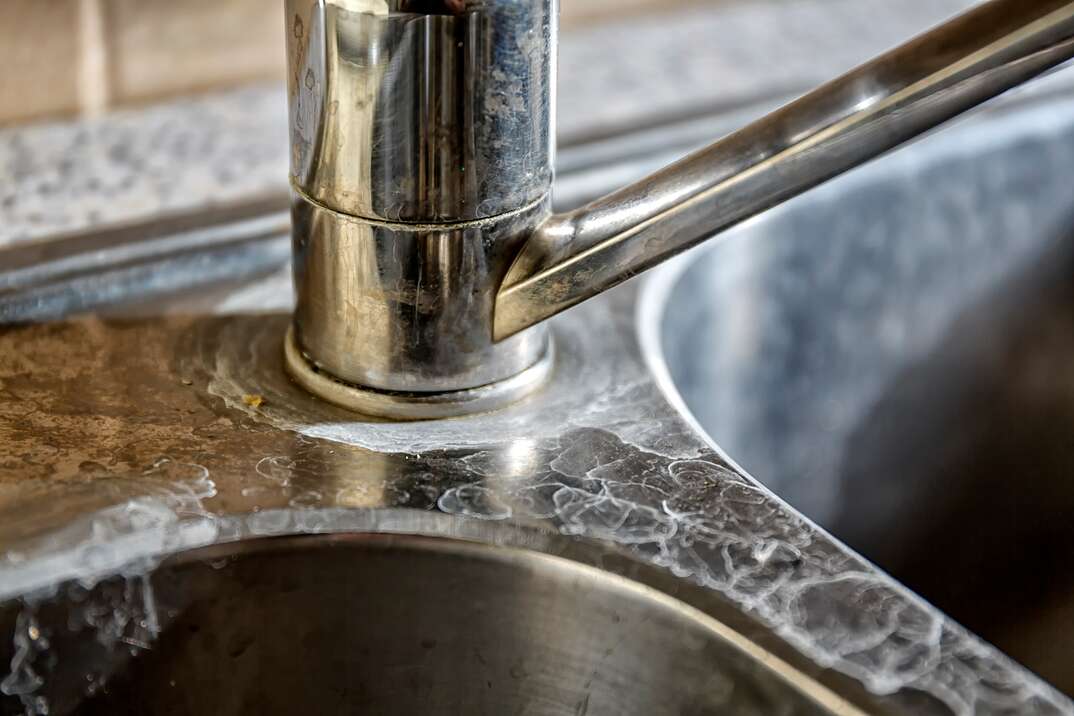
What is Hard Water?
 Many homeowners are familiar with the term "hard water," but may not fully understand what it is and how it can affect their home. Hard water is water that contains a high mineral content, specifically calcium and magnesium. These minerals can cause a buildup of limescale, which can be seen as a white or yellowish residue on surfaces and fixtures. This can be especially problematic in the kitchen, where hard water can wreak havoc on your sink.
Many homeowners are familiar with the term "hard water," but may not fully understand what it is and how it can affect their home. Hard water is water that contains a high mineral content, specifically calcium and magnesium. These minerals can cause a buildup of limescale, which can be seen as a white or yellowish residue on surfaces and fixtures. This can be especially problematic in the kitchen, where hard water can wreak havoc on your sink.
Damage to Your Kitchen Sink
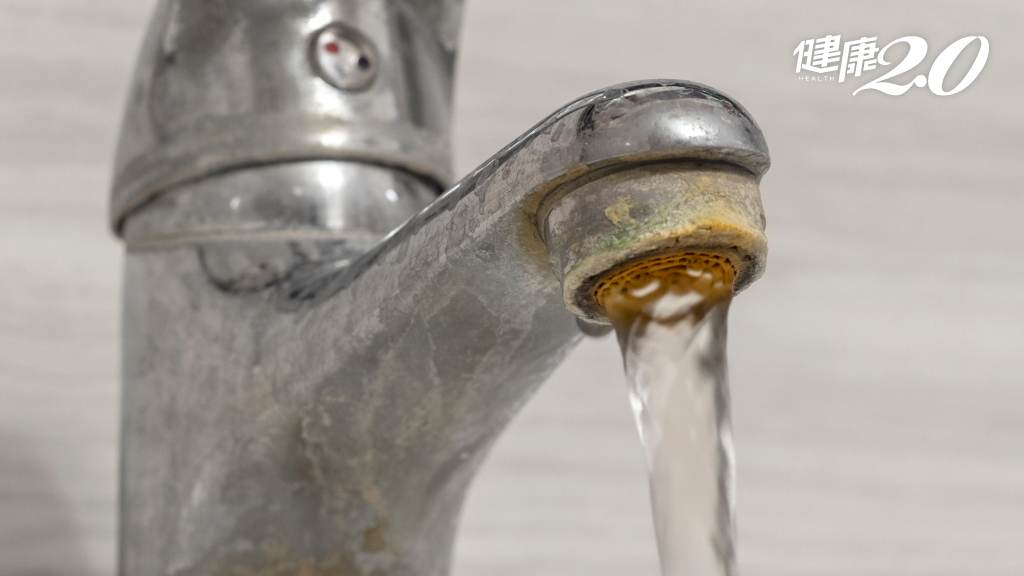 Hard water can have a damaging effect on your kitchen sink, both aesthetically and functionally.
The minerals in hard water can build up on the surface of your sink, leaving behind a dull, cloudy residue. This can make your sink look dirty and unappealing, even when it has just been cleaned. In addition, the buildup of limescale can cause clogs and decrease water flow, making it difficult to properly rinse dishes and clean your sink.
Hard water can have a damaging effect on your kitchen sink, both aesthetically and functionally.
The minerals in hard water can build up on the surface of your sink, leaving behind a dull, cloudy residue. This can make your sink look dirty and unappealing, even when it has just been cleaned. In addition, the buildup of limescale can cause clogs and decrease water flow, making it difficult to properly rinse dishes and clean your sink.
Deterioration of Fixtures
 Not only can hard water cause problems for your sink, but it can also damage your kitchen fixtures. The minerals in hard water can corrode and wear down metal fixtures over time. This can lead to leaks and the need for costly repairs or replacements. In addition, hard water can leave behind a film on your fixtures, making them appear dull and tarnished.
Not only can hard water cause problems for your sink, but it can also damage your kitchen fixtures. The minerals in hard water can corrode and wear down metal fixtures over time. This can lead to leaks and the need for costly repairs or replacements. In addition, hard water can leave behind a film on your fixtures, making them appear dull and tarnished.
Preventing Hard Water Damage
 Luckily, there are steps you can take to prevent hard water from causing damage to your kitchen sink and fixtures. One option is to install a water softener, which removes the minerals from the water before it reaches your sink. This will not only prevent limescale buildup, but also help to extend the lifespan of your fixtures. Another option is to regularly clean your sink and fixtures with a mixture of vinegar and water, which can help to remove any existing buildup.
Luckily, there are steps you can take to prevent hard water from causing damage to your kitchen sink and fixtures. One option is to install a water softener, which removes the minerals from the water before it reaches your sink. This will not only prevent limescale buildup, but also help to extend the lifespan of your fixtures. Another option is to regularly clean your sink and fixtures with a mixture of vinegar and water, which can help to remove any existing buildup.
Conclusion
 In conclusion, hard water can have a detrimental effect on your kitchen sink and fixtures. It is important to be aware of the potential damage and take preventative measures to keep your sink looking clean and functioning properly. Whether it's investing in a water softener or regularly cleaning with vinegar, these steps can help to keep your kitchen sink in top condition.
In conclusion, hard water can have a detrimental effect on your kitchen sink and fixtures. It is important to be aware of the potential damage and take preventative measures to keep your sink looking clean and functioning properly. Whether it's investing in a water softener or regularly cleaning with vinegar, these steps can help to keep your kitchen sink in top condition.

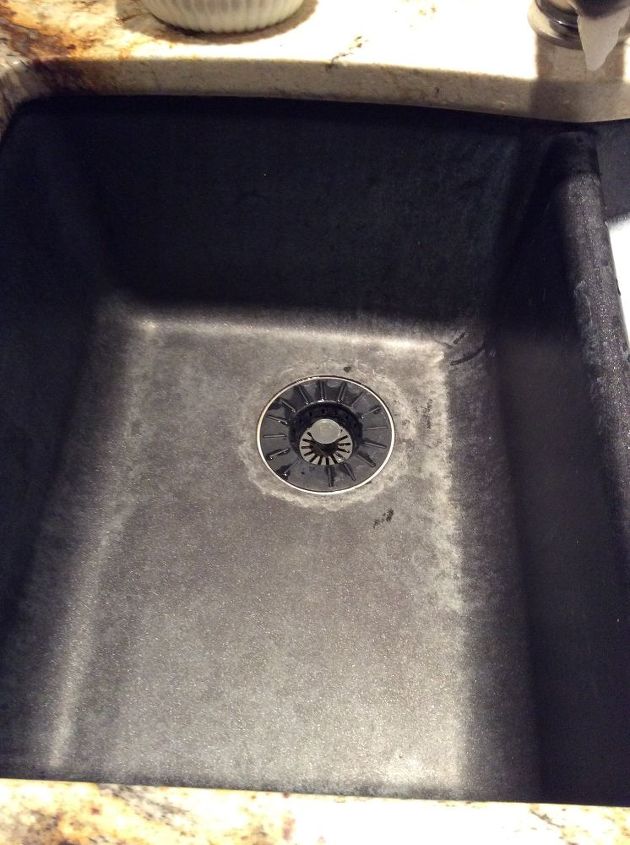
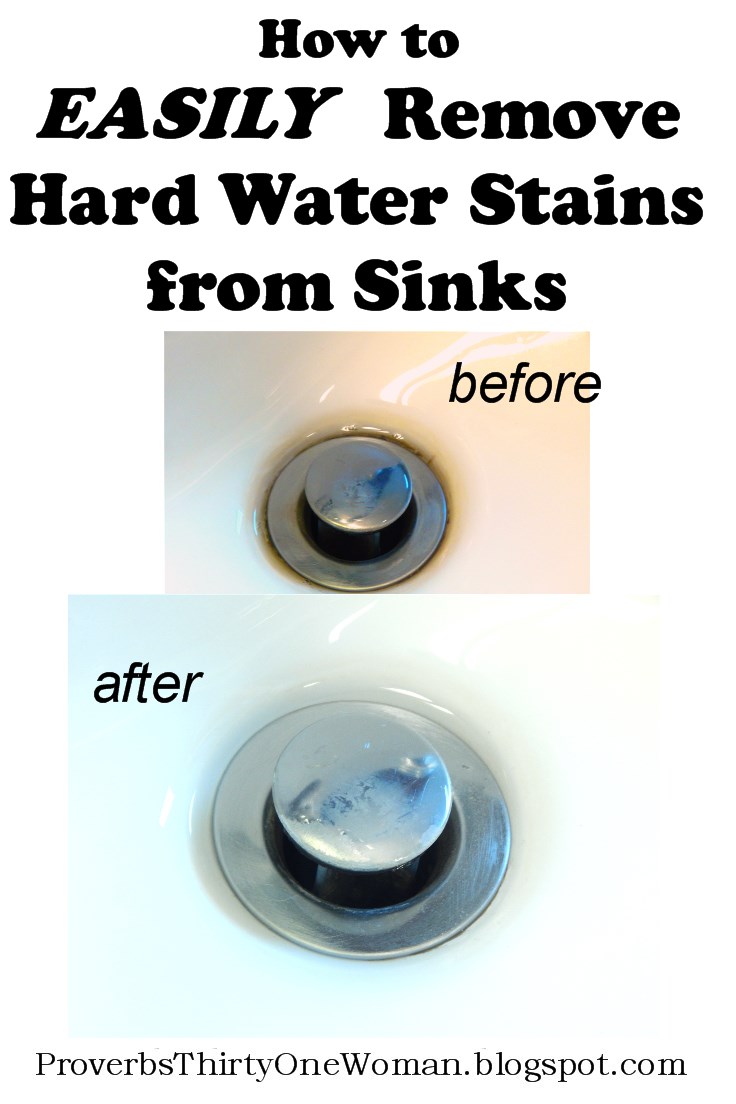



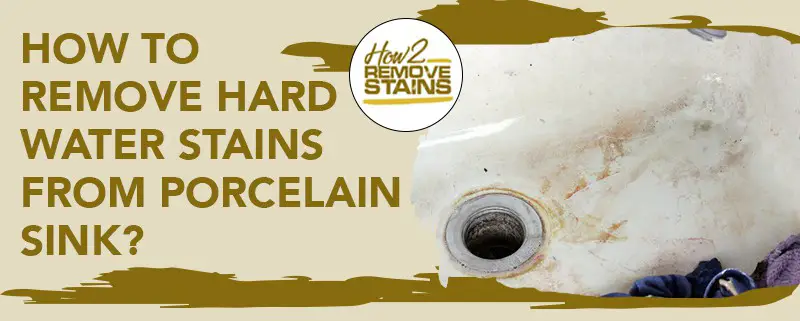
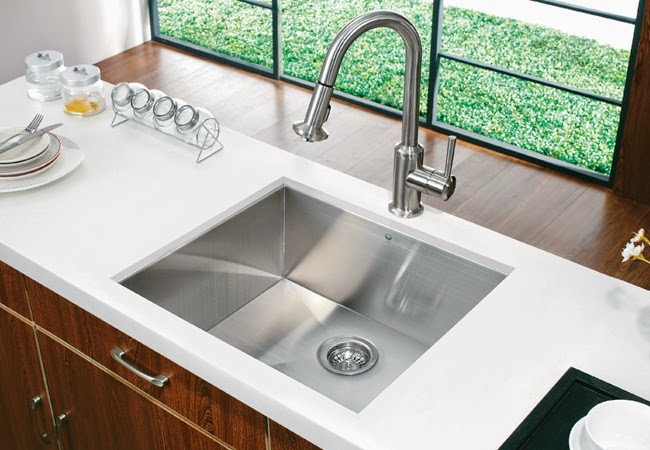
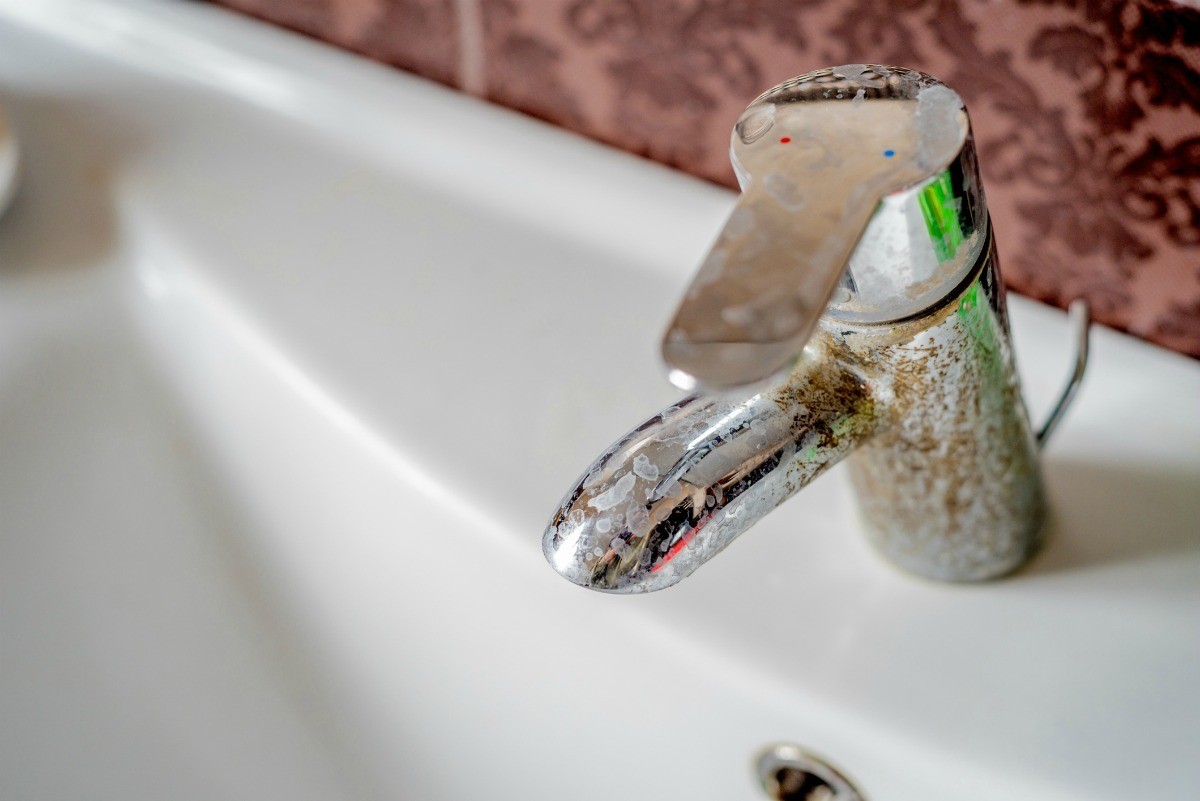






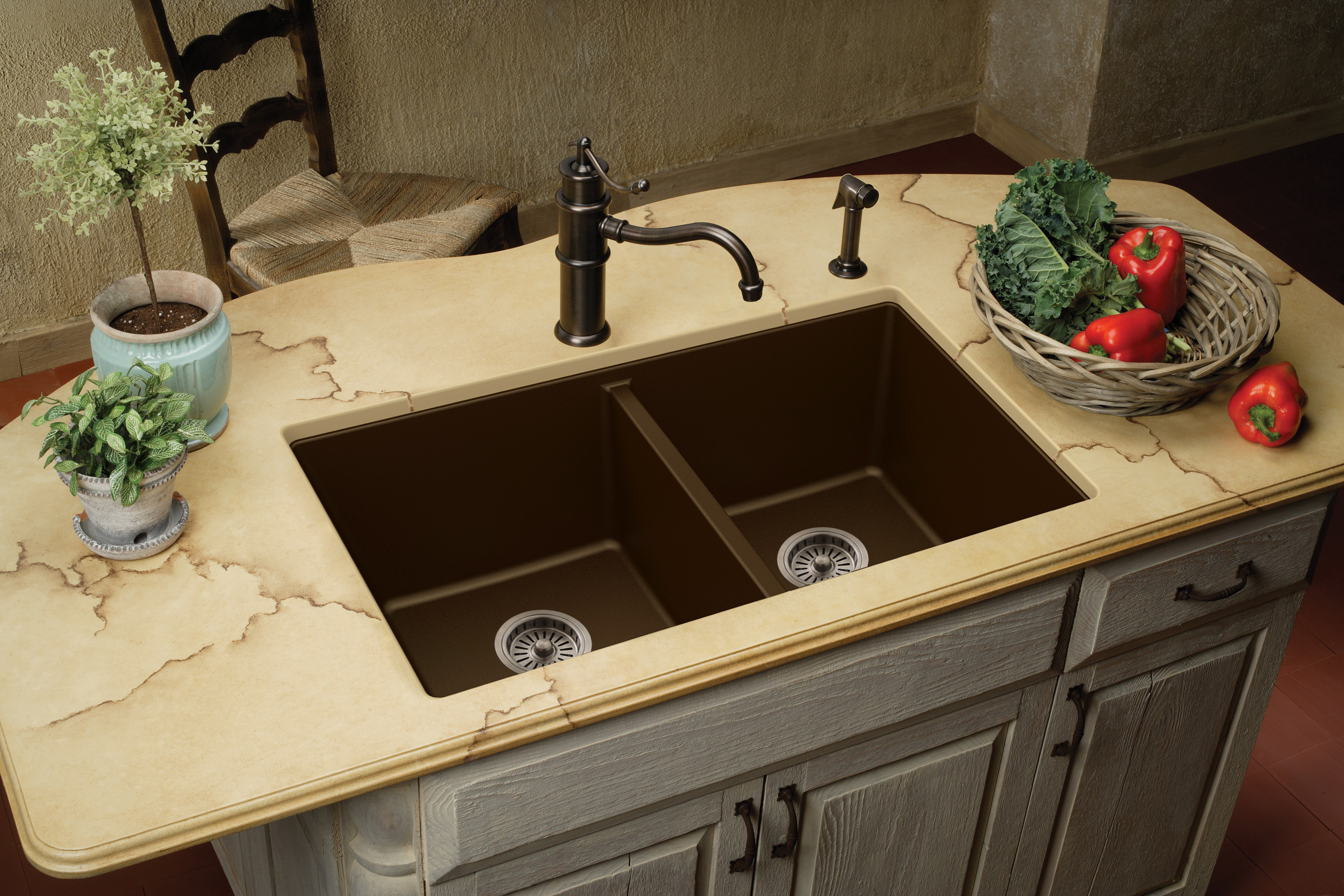

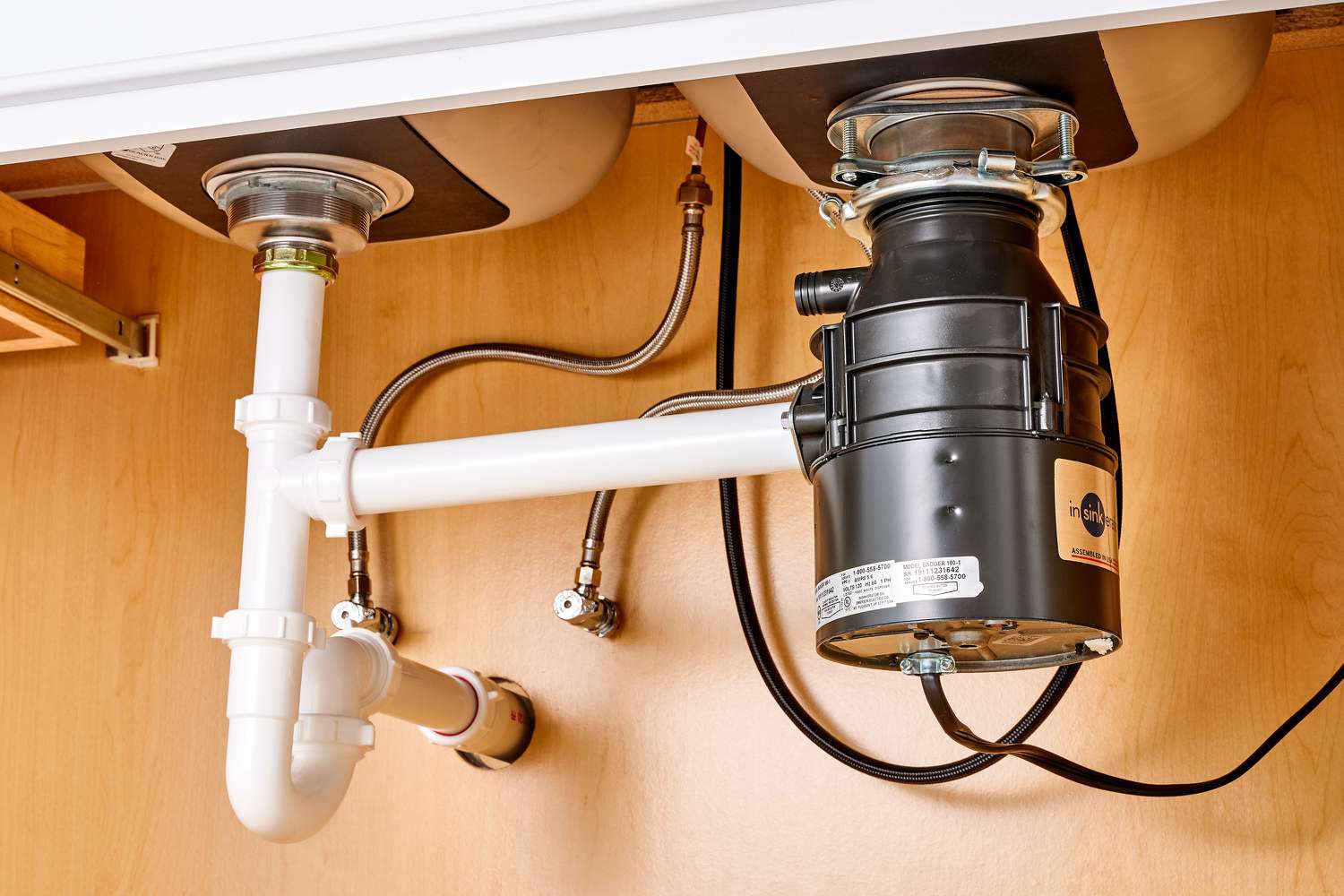

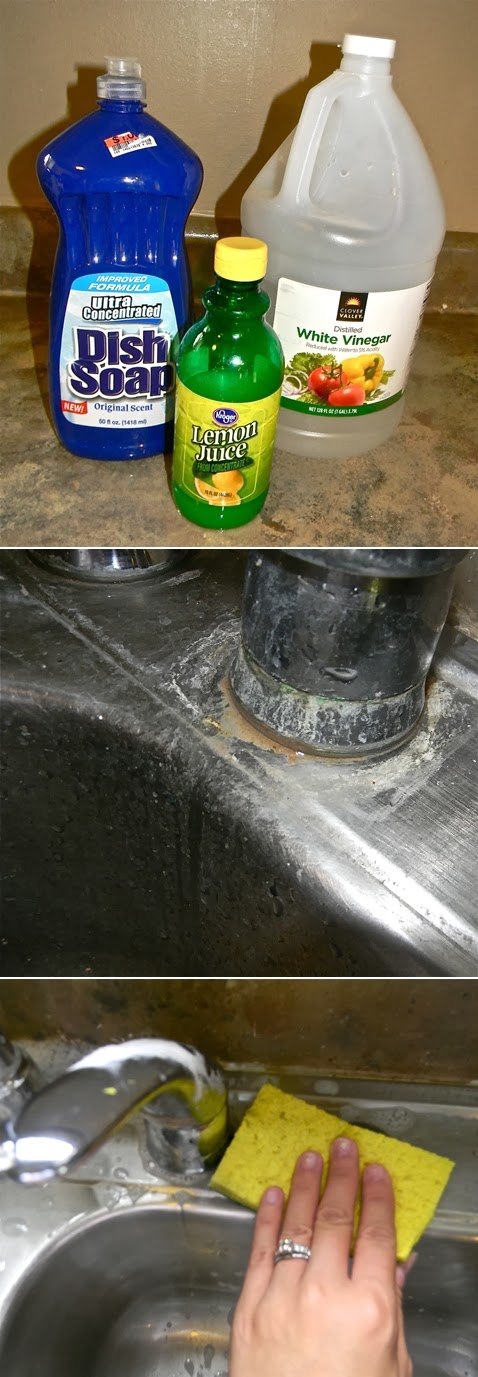


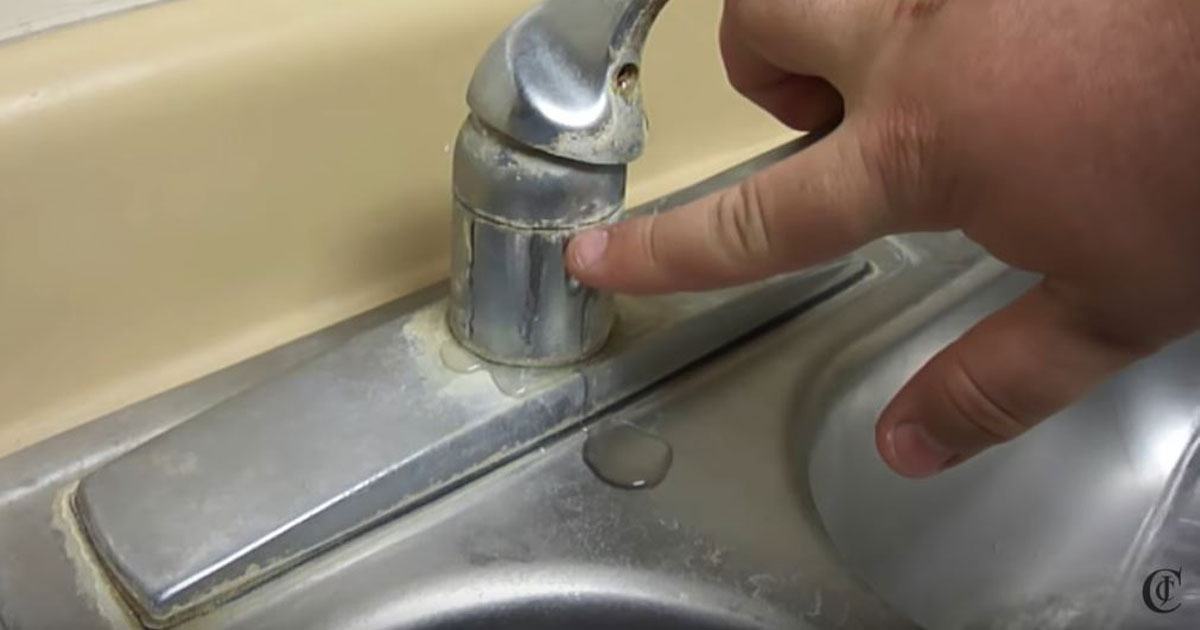



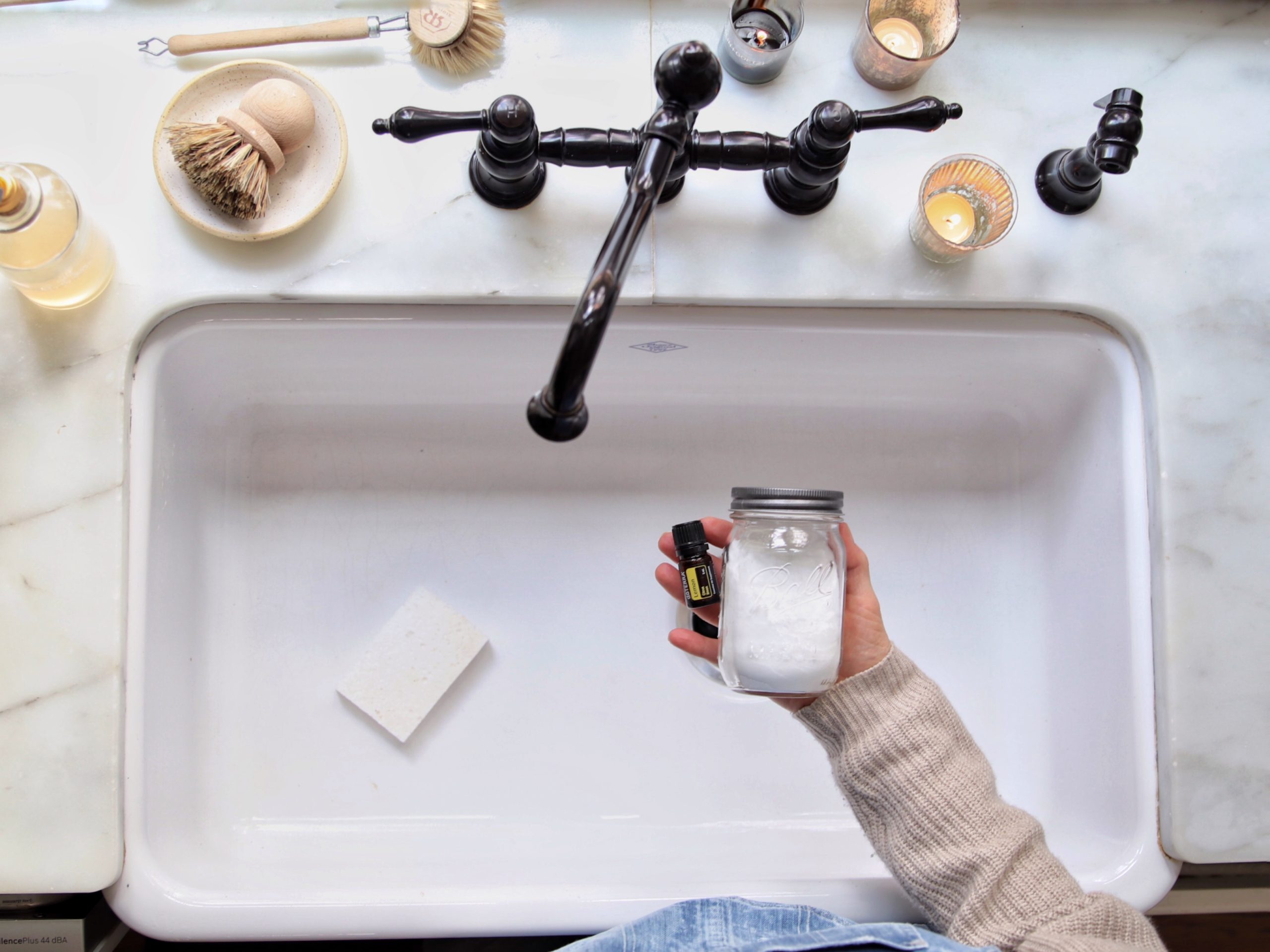

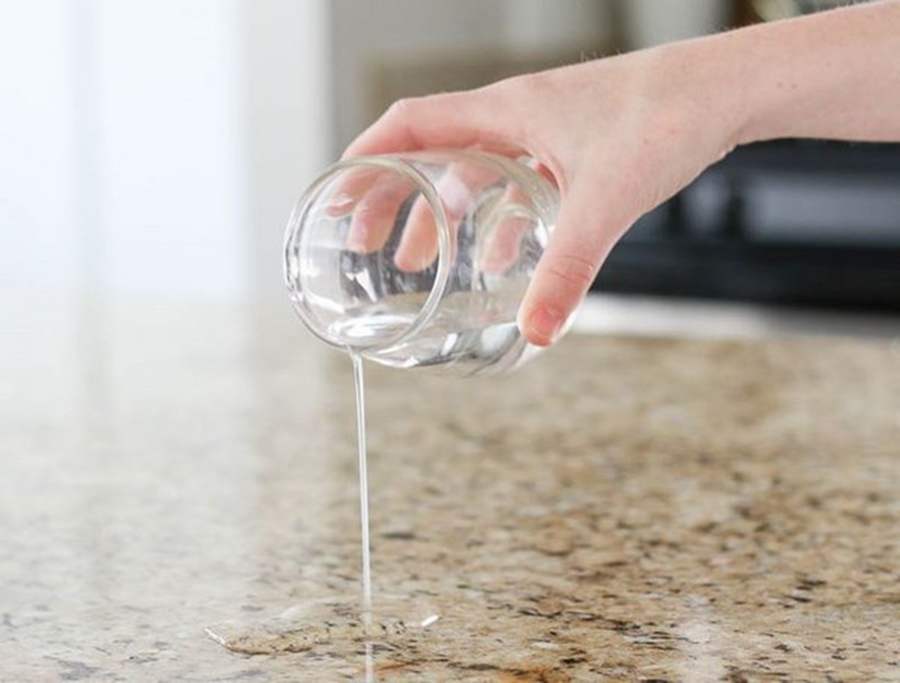
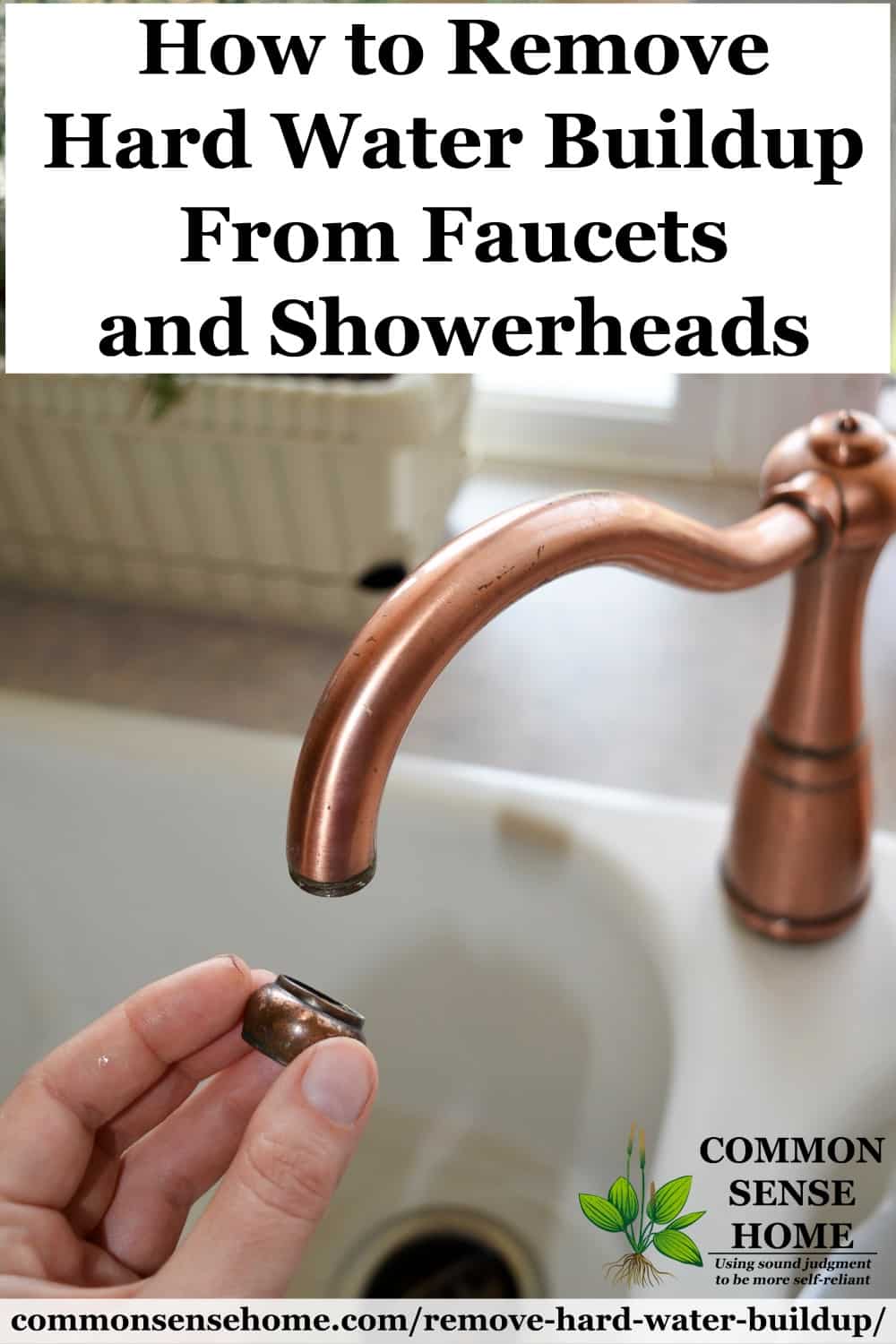
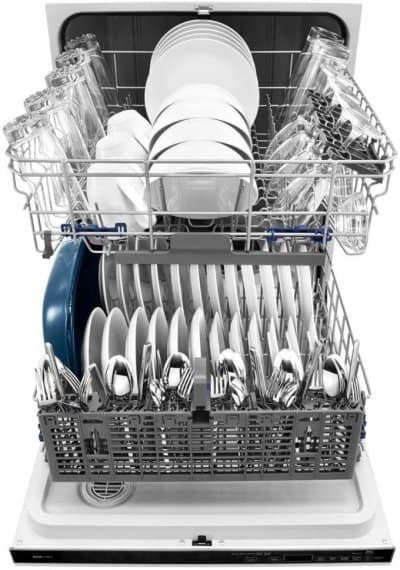

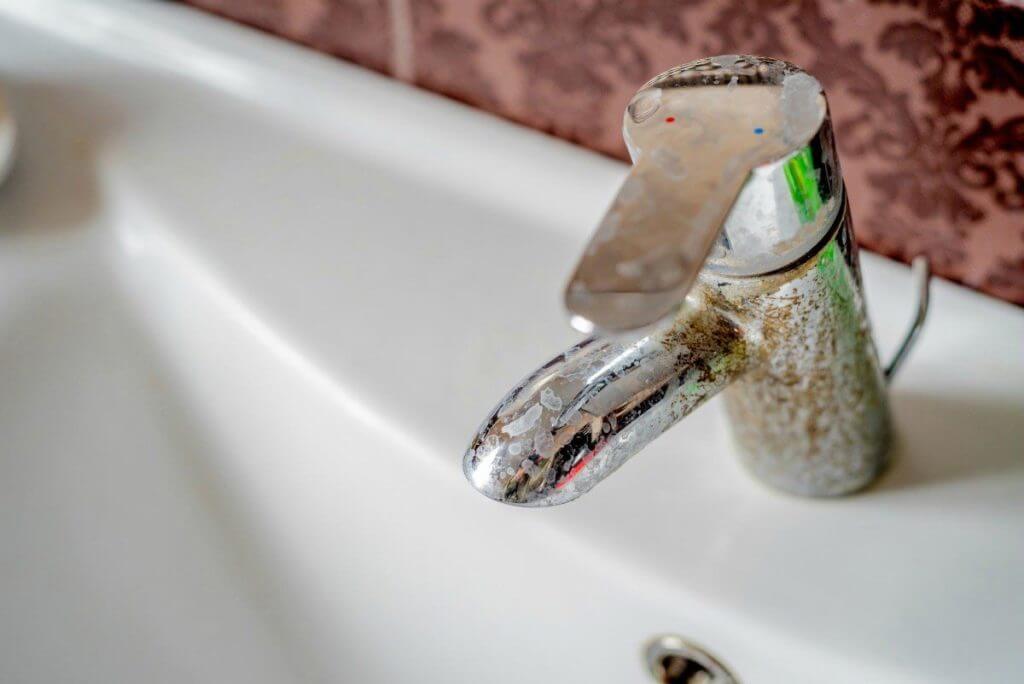



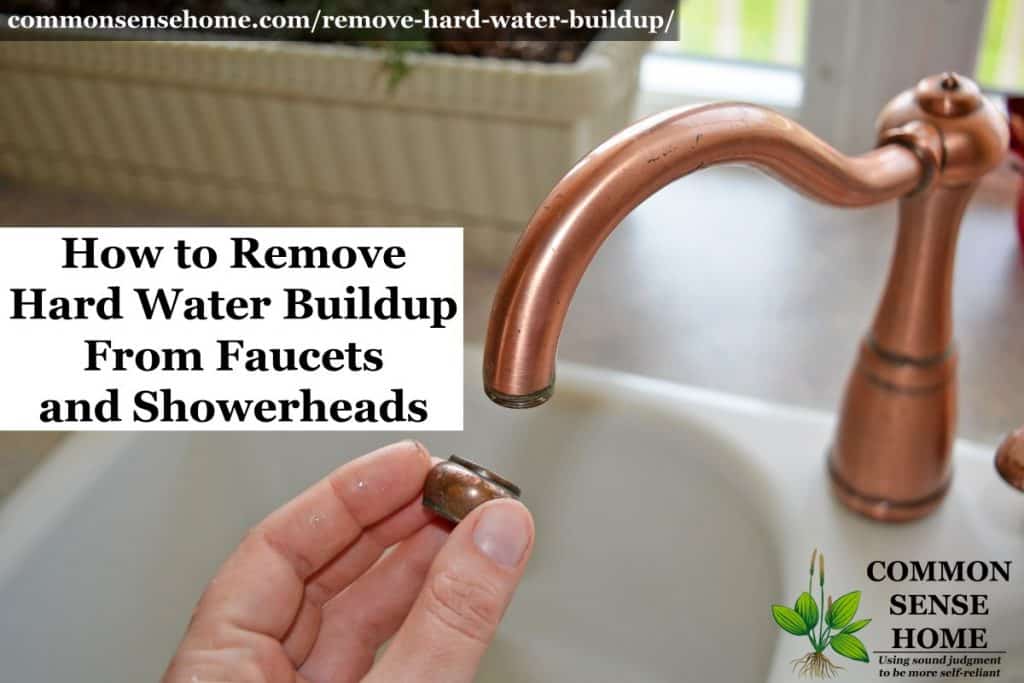





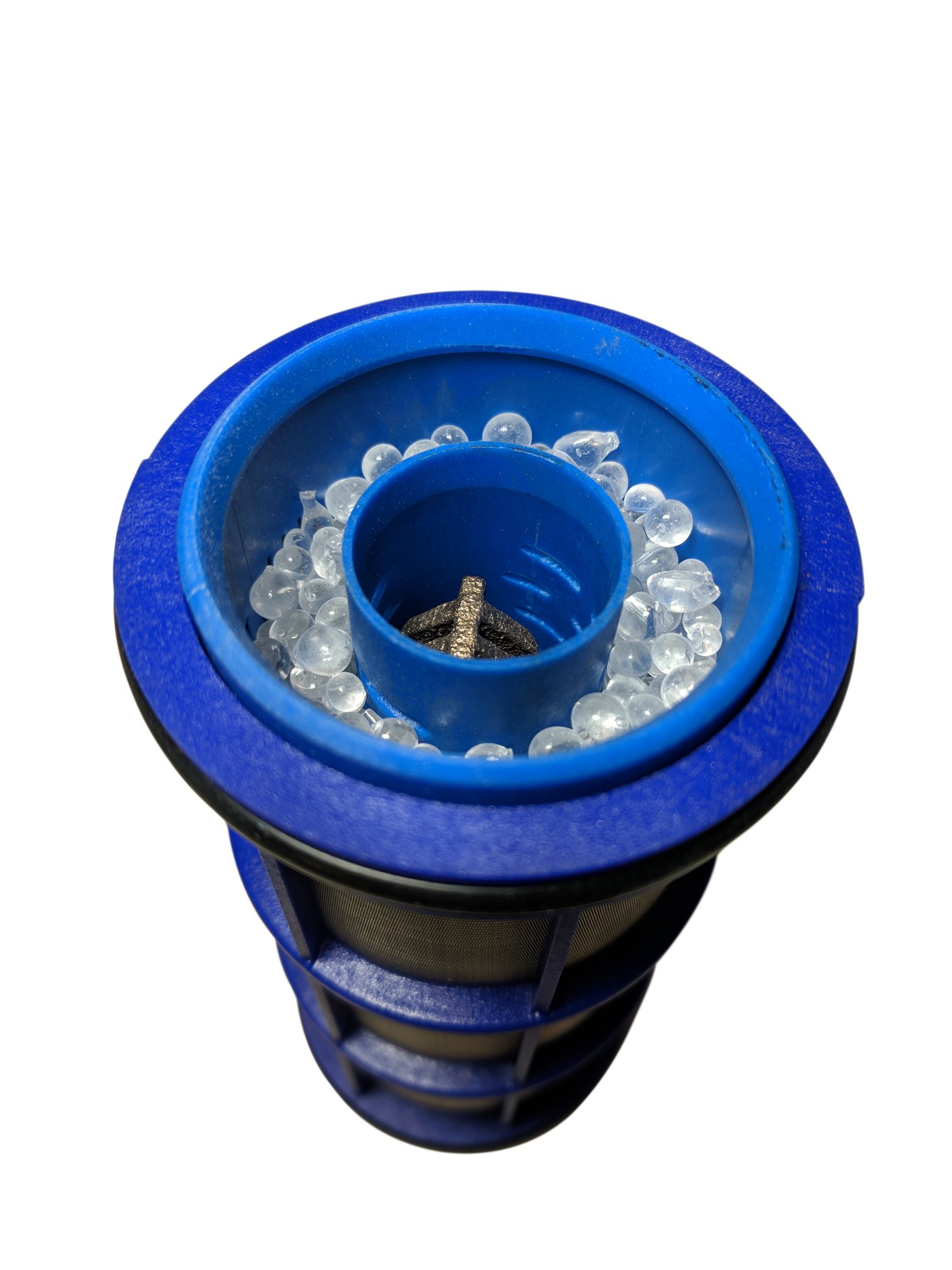



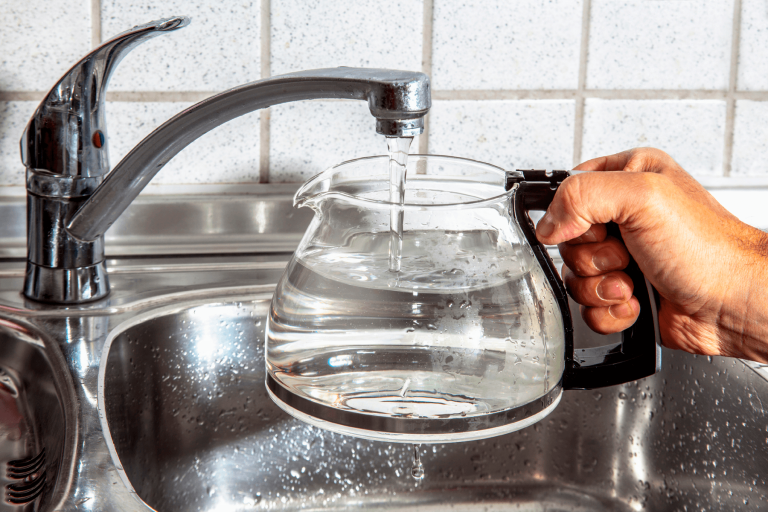

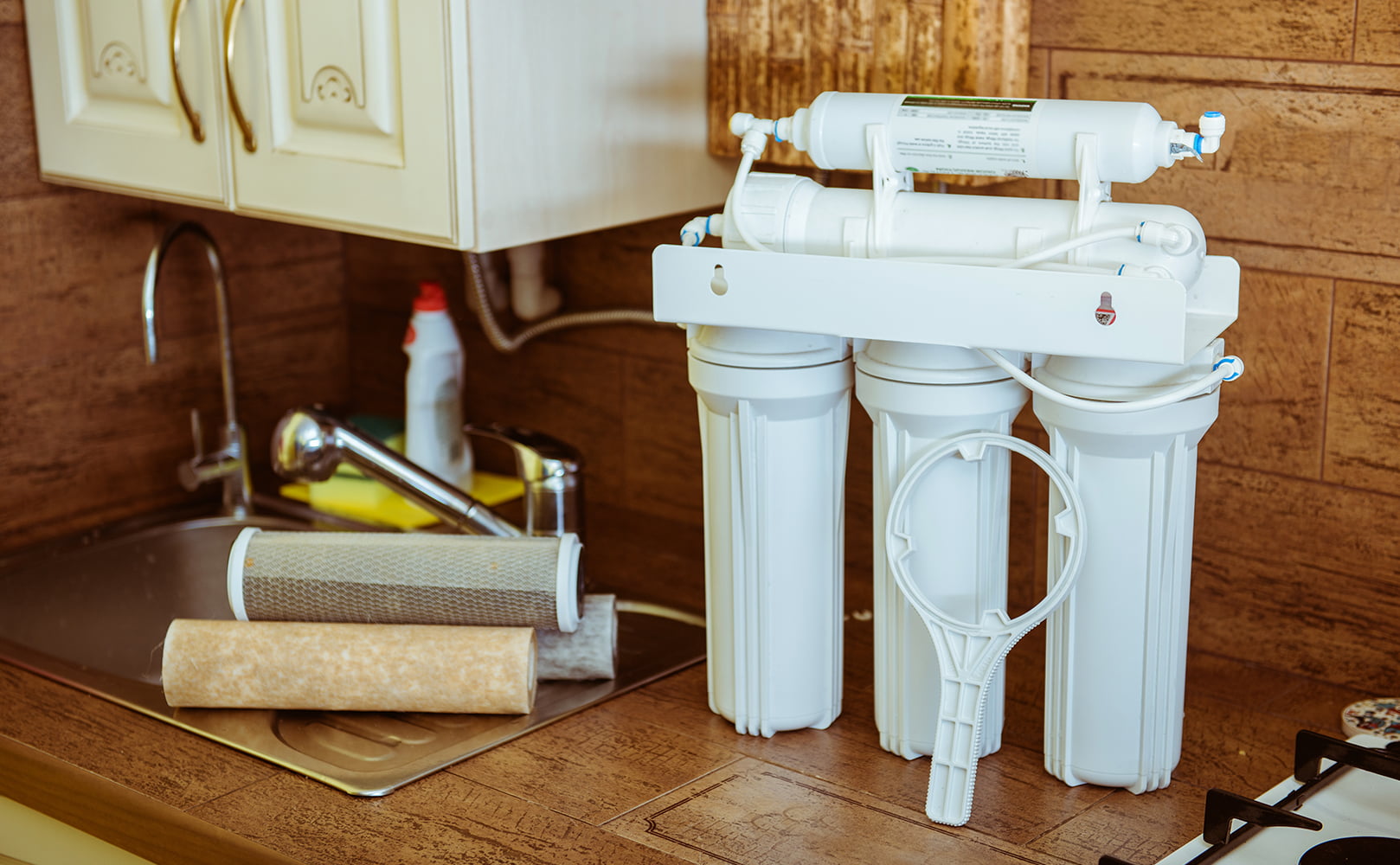


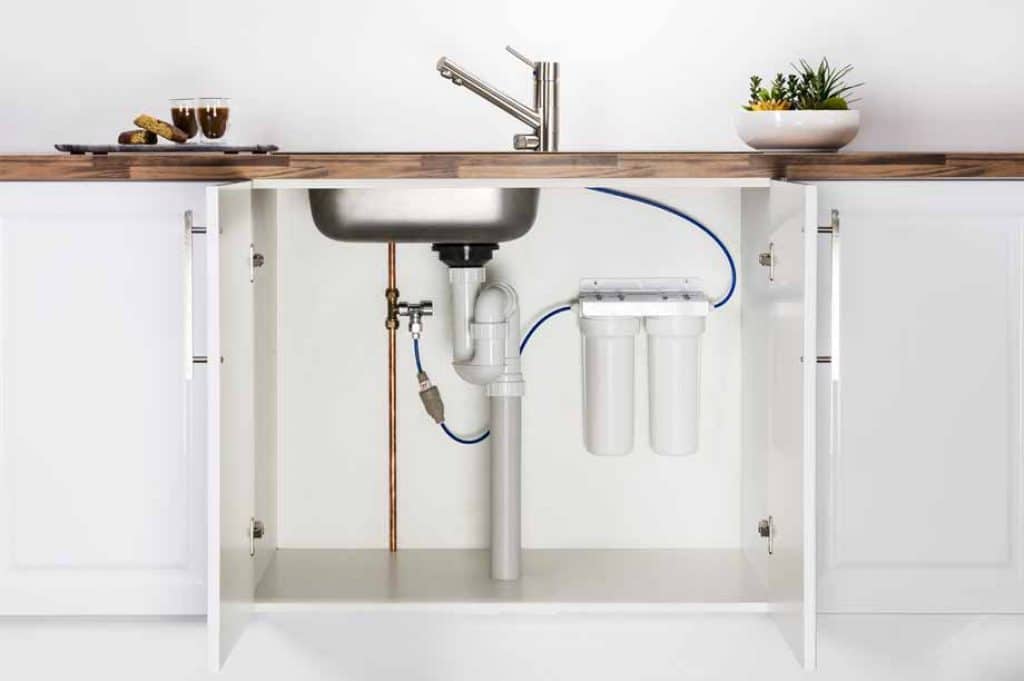




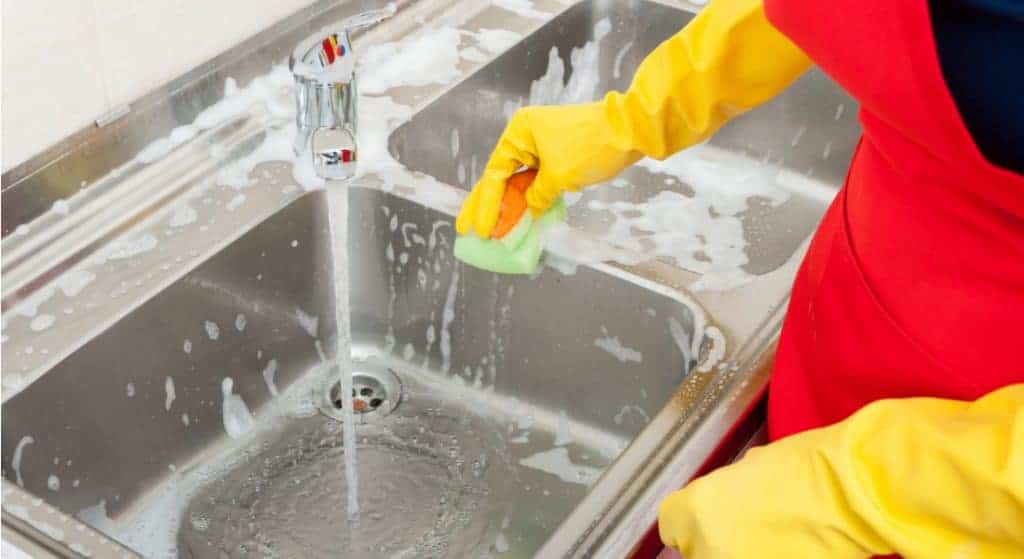



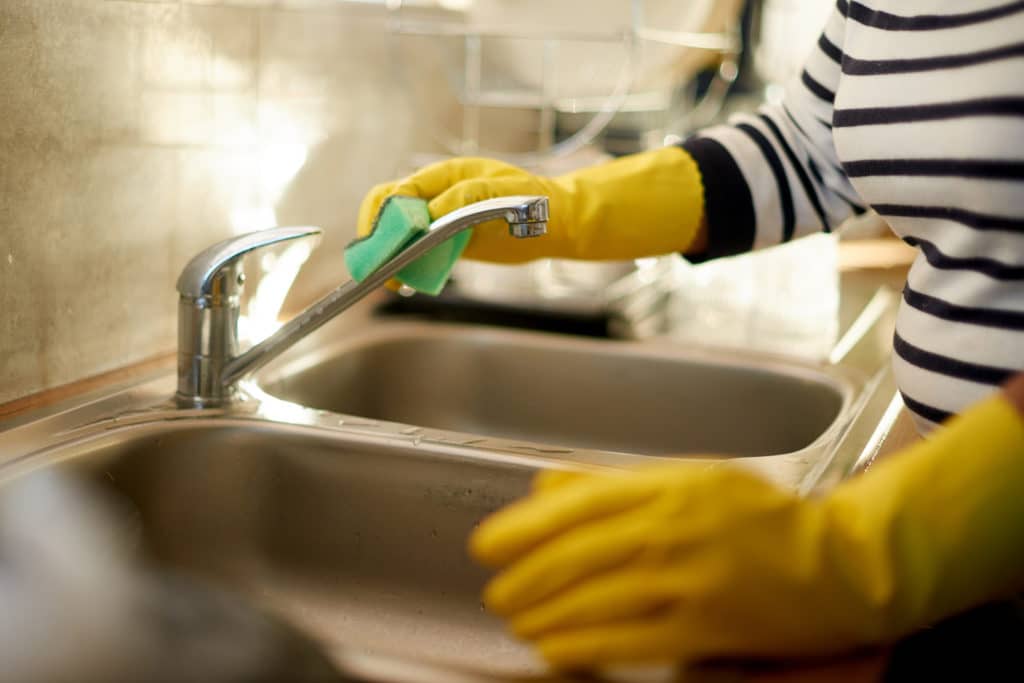
















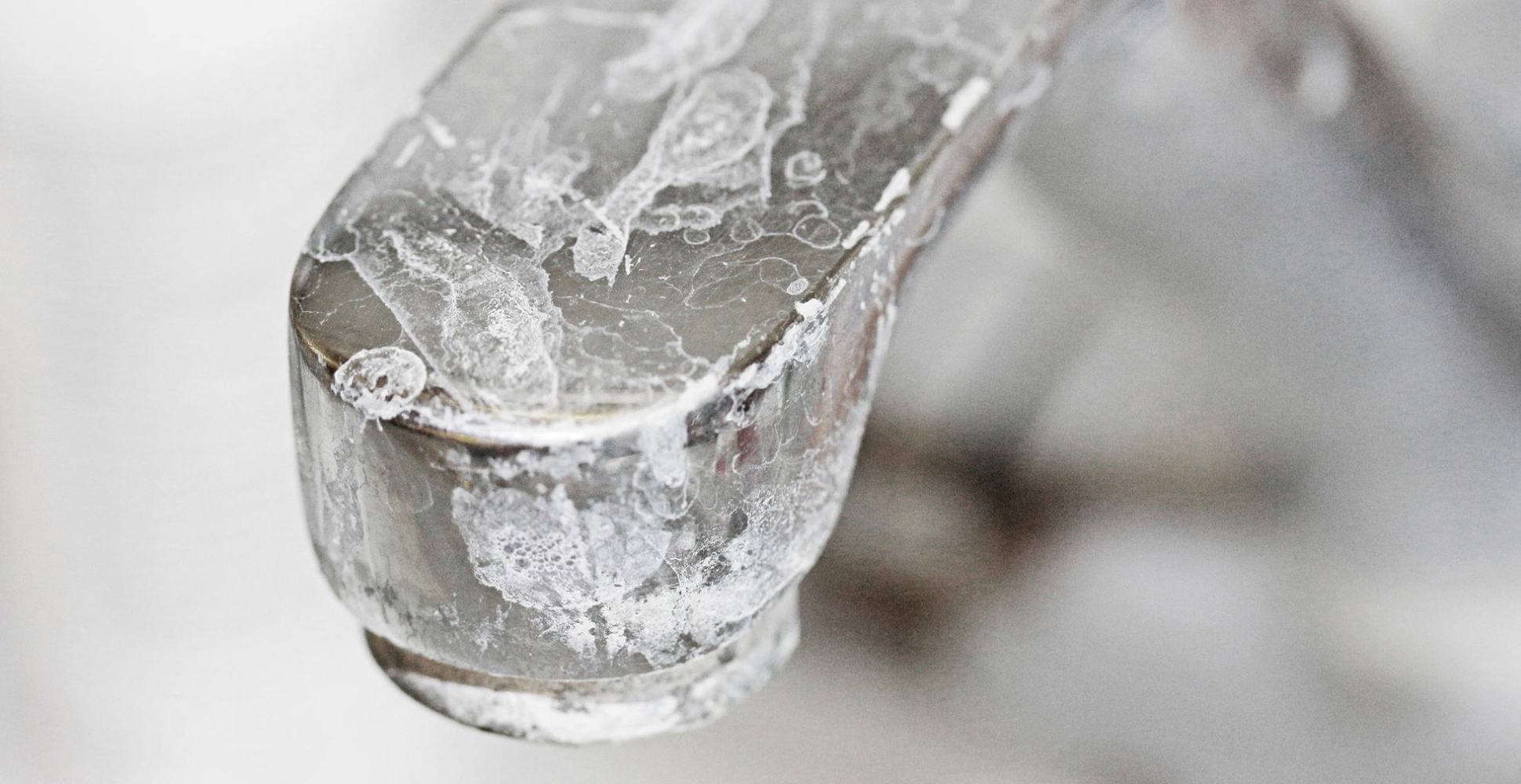





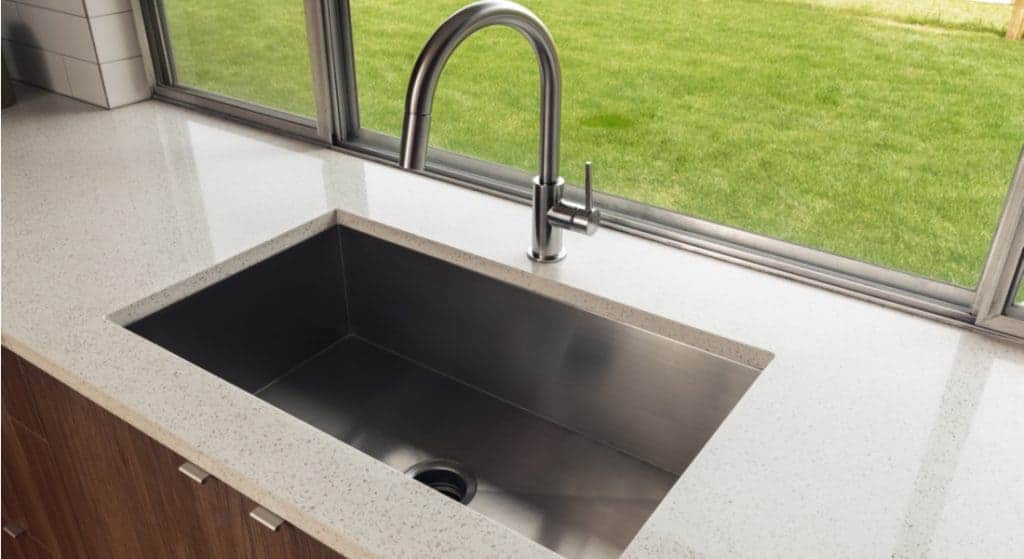
:max_bytes(150000):strip_icc()/Basic-kitchen-sink-types-1821207_color_rev-0b539306b9ef4236a136624ad2a89a4c.jpg)


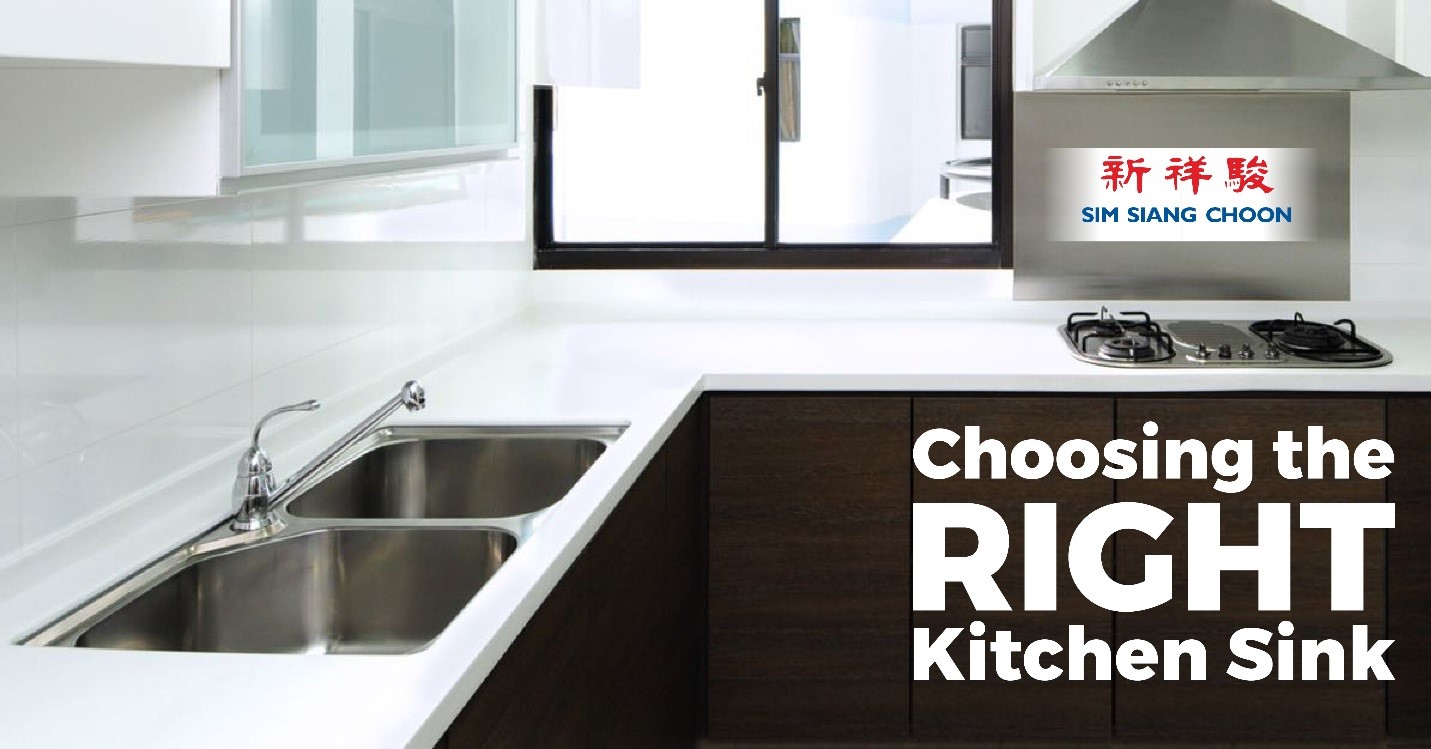

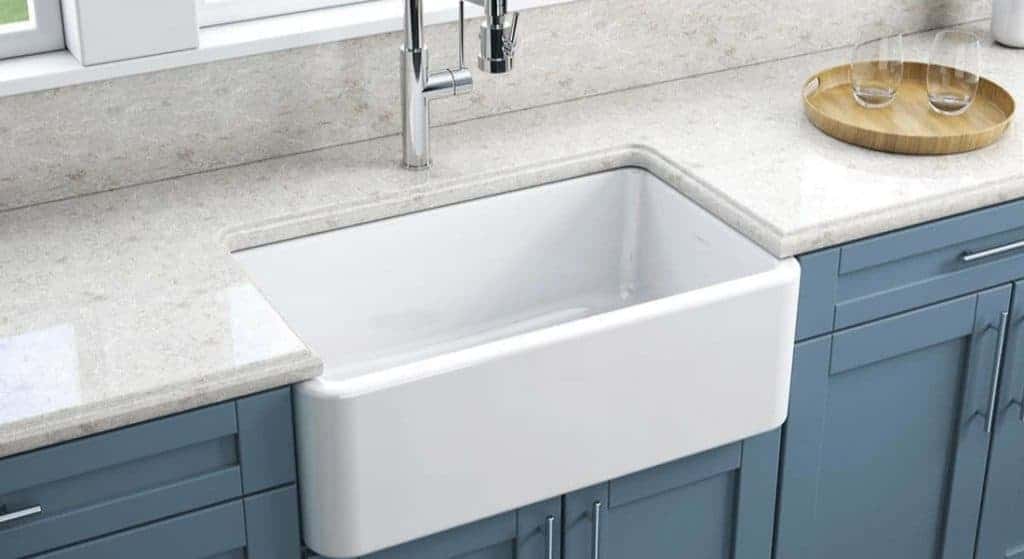
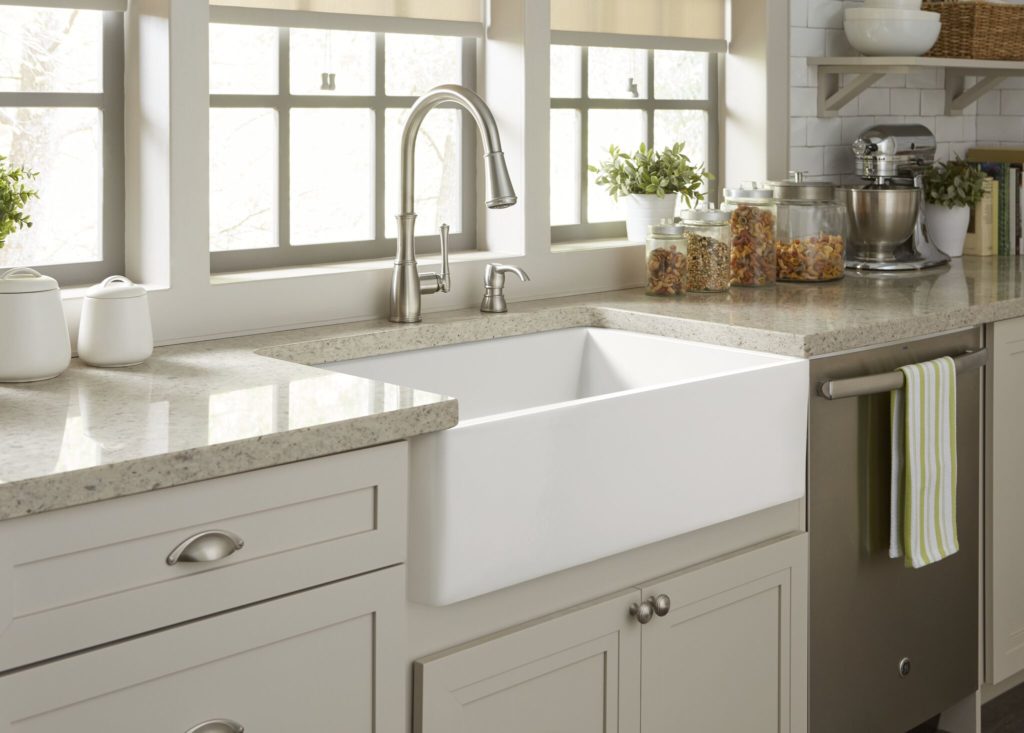
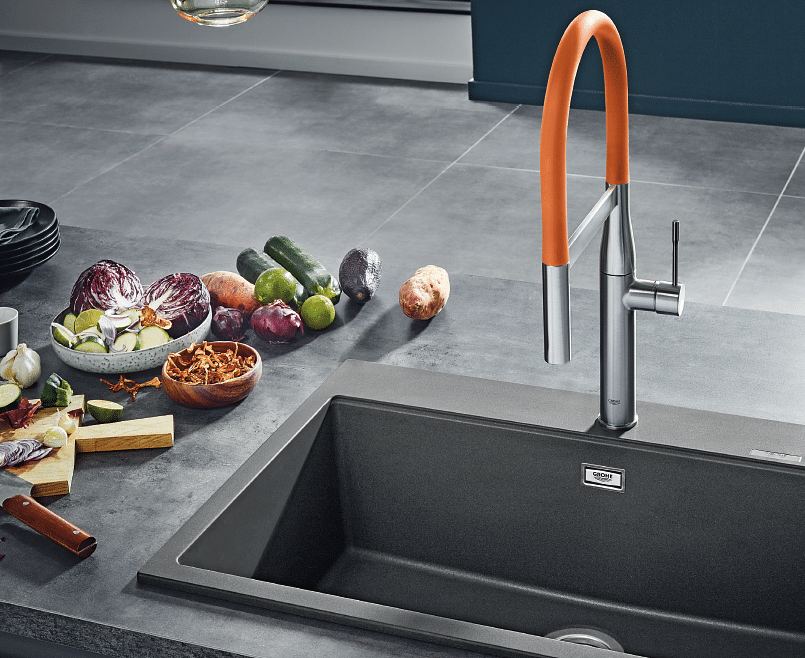


:max_bytes(150000):strip_icc()/GettyImages-169941530-5a85d1ae6bf06900372bffd0.jpg)



